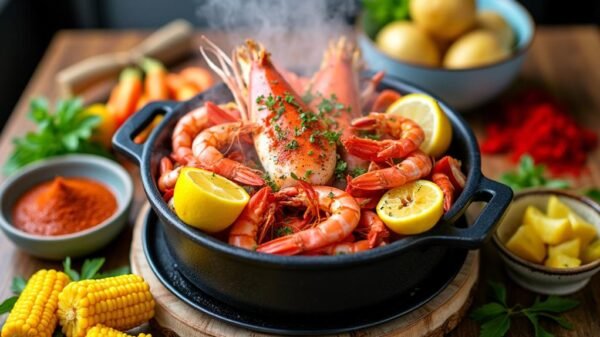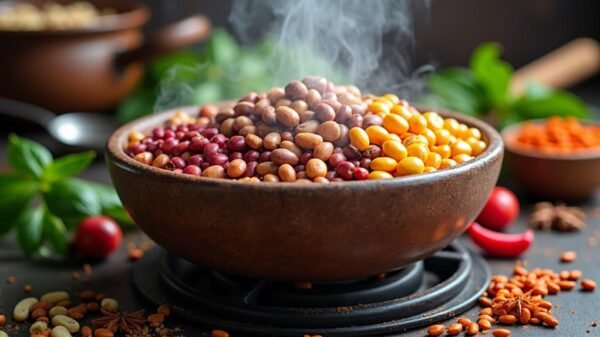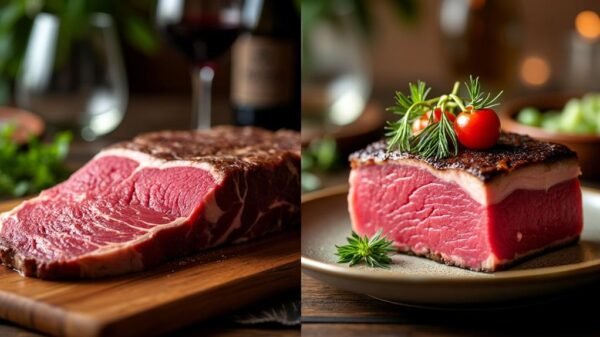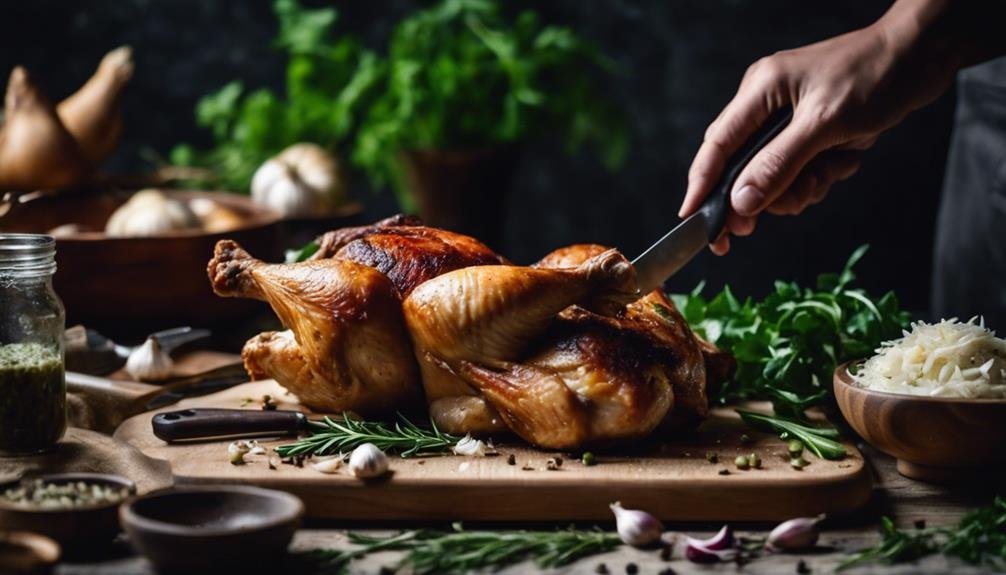Regions rich in barbecue heritage often showcase unique dishes, such as Central Texas’ smoked brisket and North Carolina’s pulled pork. While ribs enjoy the spotlight in St. Louis, Missouri, a lesser-known treasure in the local barbecue scene is the pork steak, a favorite at neighborhood cookouts. Derived from pork shoulder, commonly referred to as the butt, pork steaks are a culinary delight.
The allure of pork steaks lies in their affordability and robust flavor. Since pork butt originates from an area of extensive muscle use on the pig, it possesses a tougher texture. This aspect naturally keeps the price low, making it appealing for home chefs. When prepared using a slow cooking approach, the meat transforms, becoming tender while developing a rich umami essence. Typically, St. Louis pork steaks receive a searing treatment, followed by a gentle cooking process immersed in the renowned sweet barbecue sauce of the region.
Various methods can yield slow-cooked pork steaks: grilling in an aluminum pan, using a slow cooker, or frequent basting. Whatever the technique, an abundant application of barbecue sauce is essential. The sweet notes of the sauce expertly complement the savory meat, often inviting more sauce to be drizzled over the final dish. Pork steaks can stand alone, accompanied by classic barbecue sides like coleslaw or Southern potato salad. Additionally, they shine as a filling for perfectly crafted barbecue sandwiches.
Unraveling the Controversial Roots of St. Louis Pork Steaks
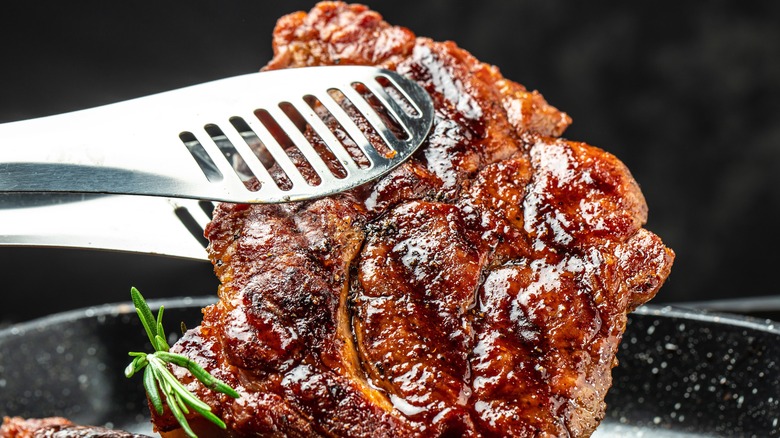
sweet marshmallow/Shutterstock
Pork steaks hold a distinct place in St. Louis culture, often taking center stage at backyard gatherings and featuring prominently in the menus of local smokeshouses. However, the origins of this beloved cut remain surrounded by debate. Residents of St. Louis and local grocers assert that the pork steak was born in the 1950s. A popular story attributes its invention to a creative customer at a Tomboy grocery store, who requested the unique cut for his son’s birthday barbecue. Alternatively, Schnucks grocery store also lays claim to the invention, aiming to offer a wallet-friendly choice for its clientele.
Yet, the tale of pork steaks stretches back even further, with documentation revealing their presence in butcher shops as early as the early 1900s. Pork steaks, sometimes known as pork blade steaks, appeared in Boston butcheries around 1901, and by the 1920s, restaurants as distant as Salt Lake City included them on their menus.
Despite this broader history, St. Louis undeniably deserves recognition for elevating pork steaks to barbecue stardom. While the city’s signature dish is famously pork spare ribs, the pork steak presents a similarly delightful flavor at a fraction of the expense. Preparing pork steaks at home is also considerably more accessible than navigating the intricacies of smoking and basting pork ribs, ensuring these steaks remain a cherished choice for many.





